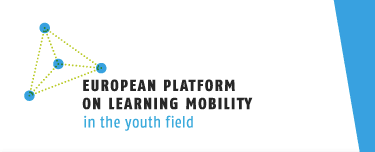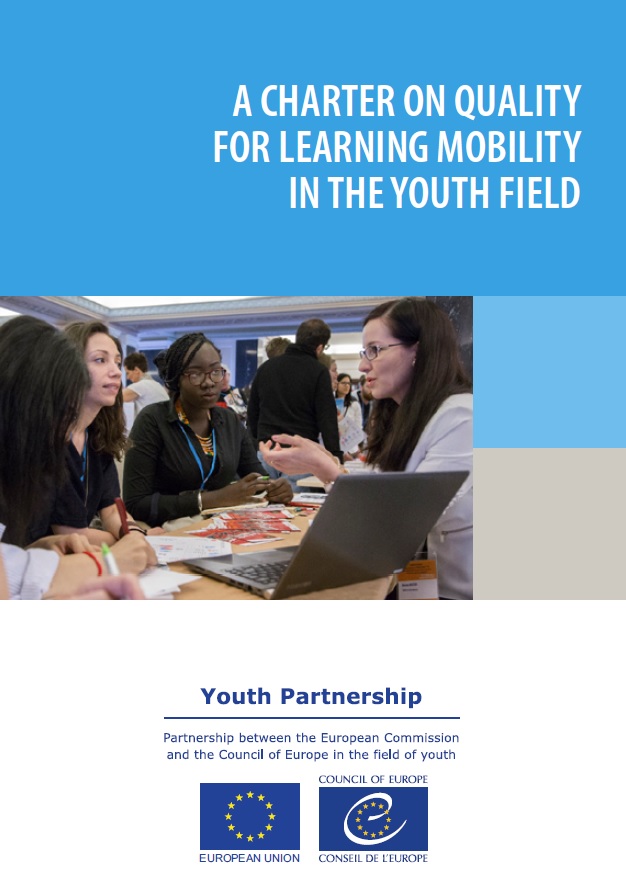Principles for Quality in Learning Mobility in the Youth Field

As learning mobility is increasingly being employed as a pedagogical tool both in formal and non-formal contexts, issues of quality become a more pressing concern than before. And for a good reason: good quality in learning mobility will ensure that outcomes be optimised and that processes of recognition be facilitated. Moreover, there is a – sometimes very direct – correlation between quality and quantity: the more we know about quality and how to achieve it, the more confident and effective we can be in our efforts to reach out and offer a mobility experience as a meaningful opportunity to all young people, and not just to the most privileged and resourceful.
With a mandate from the Steering Group of the European Platform on Learning Mobility (EPLM), the team of the partnership between the Council of Europe and the European Commission in the youth field has coordinated a process that has led to a set of principles for quality in learning mobility as part of a Quality Framework on Learning Mobility in the Youth Field.
The Call was launched in 2016 for contributing to a public consultation on the current draft of the Principles on Quality in Learning Mobility in the Youth Field.
The consultation was addressed to:
- Young people who have participated in learning mobility activities (youth exchanges, EVS, placements, school stays);
- Practitioners in the field of learning mobility (project organisers and youth workers);
- National Erasmus+ agencies;
- Researchers;
- Policy makers.
The European Platform on Learning Mobility (EPLM) is an open participatory space for exchange and co-operation between practitioners, researchers and policy makers. With ‘practitioners’ the platform means programme staff, trainers and consultants, youth workers and other multipliers in the youth field and in youth work. The mission of the EPLM is to engage in the improvement, knowledge, visibility and recognition of learning mobility in the youth field.
Learning mobility, in an EPLM-context, is defined as “transnational mobility undertaken for a period of time, consciously organised for educational purposes or to acquire new competences or knowledge”. Even when limited to youth work, it covers a variety of projects, activities and target groups. The Steering Group of the EPLM, having heard the opinion of the participants of the 2015 biennial conference that took place in Istanbul in October 2015, concluded that it would be a positive step ahead to develop hands-on guidelines

